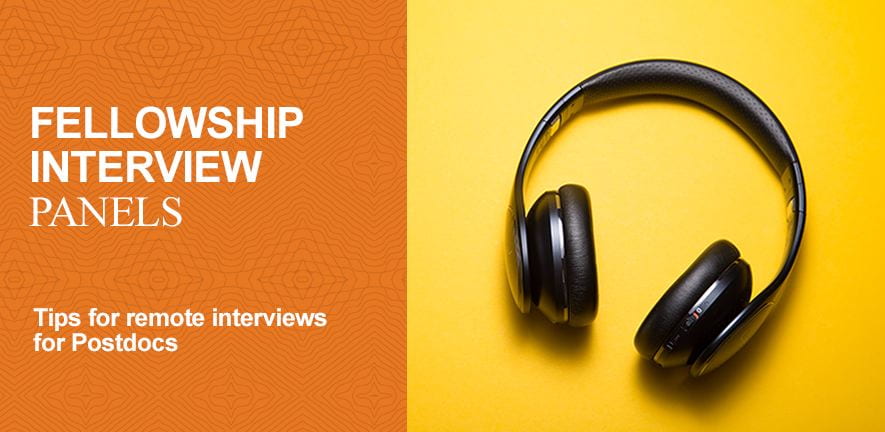
You’ve been asked to give a chalk talk as part of the interview process for a long term academic role. Your mind is probably buzzing with questions – how do I structure it? what should I include? how long should it be? and what is the point of including it anyway?
To help answer these questions, Prof. Jason Carroll, a speaker at a postdoc event, gave a talk addressing these common concerns.
Why a chalk talk?
Although the chalk-talk isn’t always required, it is an important part of the recruitment process in many institutions. You need to prepare for it as fully as the research seminar and other parts of the interview.
The panel will be observing how you respond to getting your work pulled apart constructively. When you are interrupted, do you get flustered? Can you think on your feet?
It is a chalk talk, not a Powerpoint presentation
Don’t turn up with a slide deck – you will be using a whiteboard and marker pens or a blackboard and chalk. It might sound informal or an afterthought but it’s not. Jason said it’s tough, even for group leaders, referring to it as: ‘The dreaded chalk talk’. He was careful to stress, though, that no one does it perfectly. So, If you are feeling nervous, you are not alone.
Talk about your future plans…
Don’t dwell on your story to date, the panel want to know about your future project and how you will carry it out. Outline your five year plan clearly and succinctly.
Ensure that you get your key messages up front
Knowing that you will be interrupted means that you need to stay at a high level. Ignore the specifics, such as details of the experiments that you intend to run.
Jason suggests an opening such as ‘I am going to be looking at x in the context of y, and here are my three goals.’ He suggests that the three goals should be broken down into safe, medium and higher risk objectives. These goals should not be interdependent – if one goal fails you should show that plans will be flexible enough for your research to continue.
Don’t dwell on your story to date, the panel want to know about your future project and how you will carry it out.
Make sure that these aims are realistic within the timeframe. Also, ensure that the plan fits with the remit or goals of the institute/department.
Don’t come across as dogmatic. As the project progresses and the scientific landscape changes you need to be able to show to the panel, through contingency planning, that you will be able to adapt to these inevitable changes.
Worried about forgetting information? You can use a cheat sheet to remember key figures. Just don’t copy it out onto the whiteboard.
Remember that you are going to be leading projects for multiple people
Make sure you can justify the composition of your lab. Why do you need a clinical fellow, technicians or a lab comprised solely of postdocs? How will this change during your research?
Think about the questions you might be asked and practice answering them
These may include:
What is you first project going to be?
Why you?
Why this institute?
Who are you going to work with from within the institute?
How will you measure success?
Where are you going to get grants from?
What differentiates you from your Postdoc supervisor?
Can you bring your research with you or will you be starting from scratch?
Be excited
Be enthusiastic about your work and what you can offer the institute. Understand your audience. Also think about what the institute can offer you.
You need to come across as a good fit. In addition to good research, the panel want to select the best colleague – you will probably be spending a lot of time together.
Chalk talks are not just for interviews
In fact, the chalk talk in front of peers is often a regular and important exercise for group leaders at an institution even though, as Jason says, it doesn’t feel like it at the time! You’ll get brilliant minds offering you input on your work, So, it is a useful skill to have if you are planning an academic career.
For more info on academic careers
By Heather Smith

